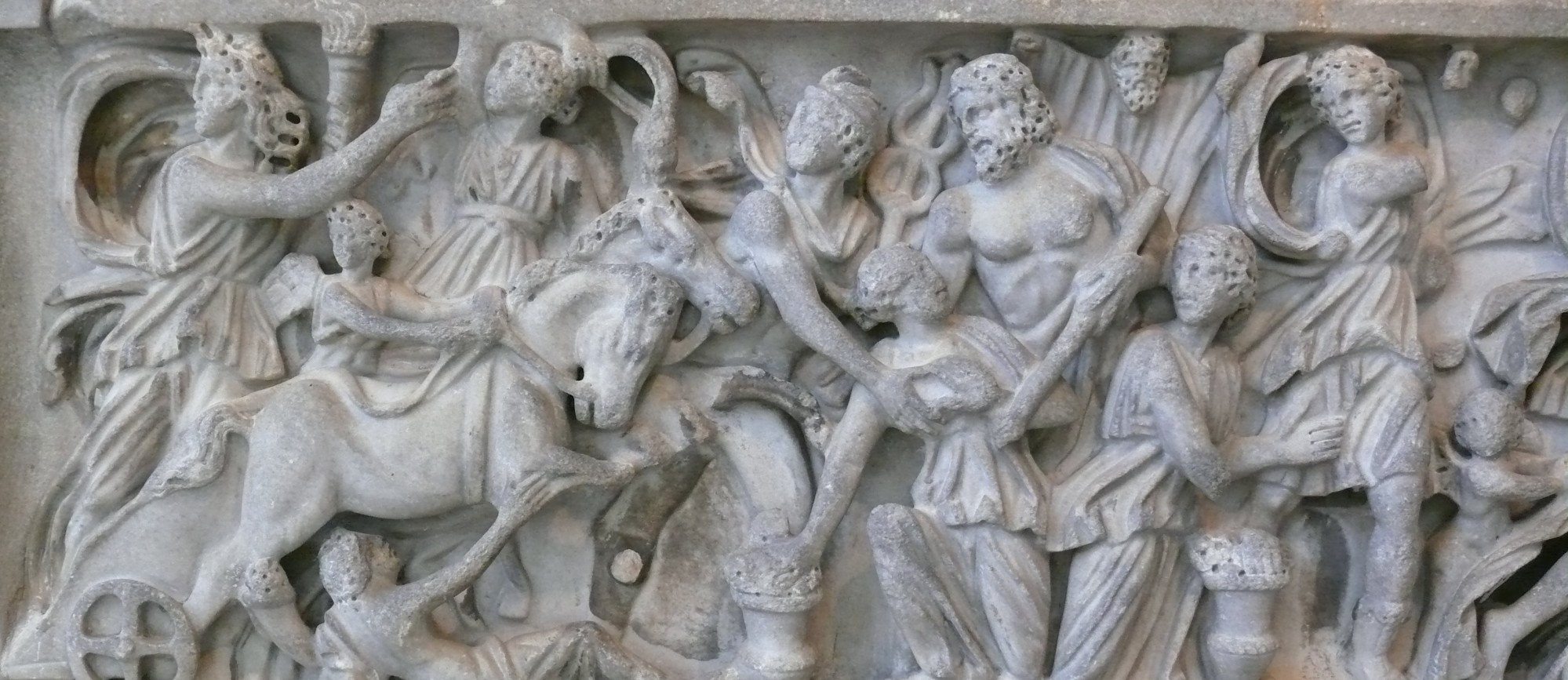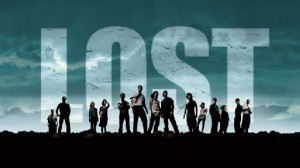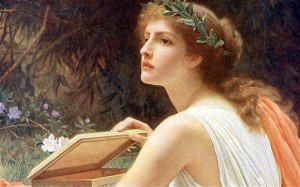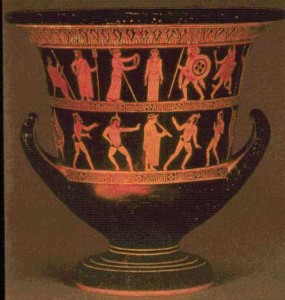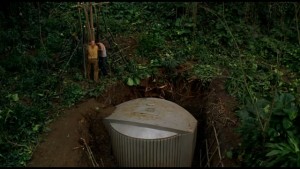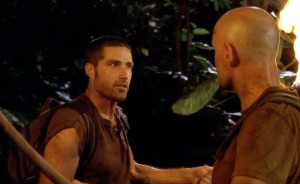In today’s popular culture, movies, TV shows, and books have become an interesting way to allude to classic myths that have traveled down through generation after generation. It is always exciting to hear a reference to your favorite story you’re your parents told you when you were a child while you are in the movie theater seeing the latest film. It is these types of connections that allow stories to transcend time and cultural boundaries and create these seemingly everlasting ideas.
One interesting adaptation of Greek mythology in today’s popular culture is seen in the TV show Lost. Lost tells the story of a plane crash on a deserted island somewhere in the South Pacific Ocean. The show accounts the tale of the survivors of the plane crash as they try to keep themselves alive on the island until help arrives. As the show unfolds, the viewers (and characters) soon realize that help may be farther away than they originally thought and that they may not be alone on the island. The story develops and takes a darker turn when it seems the survivors may have actually been “brought” to the island, instead of accidentally crashing on it.
Although this show is no longer running on television, it was an immensely popular show during its time and its reruns are still enjoyed today. Lost has also become more popular because of all the deeper meanings that have been slowly uncovered by its viewers. For example, Lost presents the ideas and viewpoints associated with many religions including Christianity, Judaism, Islam, Buddhism, and Taoism, as well as multiple references to Greek mythology (“The Hatch”). One of the most fascinating ideas of the show is the juxtaposition of good vs. evil. One theory that seeks to explain the overall theme of the show suggests that the survivors all actually died in the plane crash and the island serves as a “purgatory” for those passengers that have unresolved fates.
One interesting reference to Greek mythology in Lost is the hatch. The hatch is a door found in the middle of the island that leads to the unknown. This hatch may serve as a representation of the Greek myth of Pandora’s Box. The idea of Pandora’s Box appears several times throughout Greek mythology. One particular instance is in “Why Life is Hard,” in Hesiod’s myth The Works and Days. “Why Life is Hard” seeks to explain why human’s lives are so difficult compared to the God’s lives. The story begins by recounting how Prometheus stole the fire from the God’s by tricking Zeus. Prometheus was going to help the human’s struggle by giving the fire, and the means to become a stronger race and potentially compete with the Gods. However Zeus found out about Prometheus’s deception and proclaimed: “I’m going to give them Evil in exchange for fire” (Hesiod 163). Zeus and the other God’s assembled this evil in box by “knead[ing] some earth and water…giv[ing] her a bitch mind and a cheating heart…[and] put in her breast lies and wheedling words” (Hesiod 163). Once Zeus was finished he “put a voice in her, and he named that woman Pandora” (Hesiod 164).
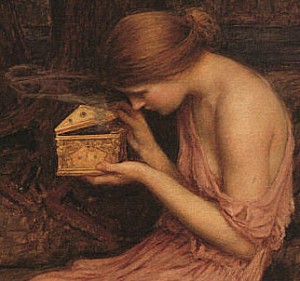 This jar is delivered to Prometeus’s brother Epimetheus and is then opened by Pandora. The opening of the jar “scattered all the miseries that spell sorrow for men. Only Hope was left there in the unbreakable container” (Hesiod 164). Therefore the opening of this box unleashes all of the pain and hurt in the world on mankind in the form of a woman. This myth also demonizes the women who walk the earth as a plague upon the men, although this patriarchal interpretation is not seen in the Lost adaptation. However the idea that Hope is something that is unattainable in the “unbreakable container” (Hesiod 164), is an important idea in Lost as well.
This jar is delivered to Prometeus’s brother Epimetheus and is then opened by Pandora. The opening of the jar “scattered all the miseries that spell sorrow for men. Only Hope was left there in the unbreakable container” (Hesiod 164). Therefore the opening of this box unleashes all of the pain and hurt in the world on mankind in the form of a woman. This myth also demonizes the women who walk the earth as a plague upon the men, although this patriarchal interpretation is not seen in the Lost adaptation. However the idea that Hope is something that is unattainable in the “unbreakable container” (Hesiod 164), is an important idea in Lost as well.
In Lost the hatch is discovered one night by the characters John Locke and Boone Carlyle. The hatch is the first sign that the survivors may not be the only ones on the island. John Locke is determined to open the hatch door and see what lies within. With several other survivors, he digs up the entire hatch and its surrounds, exposing a tunnel to the inside of the island.
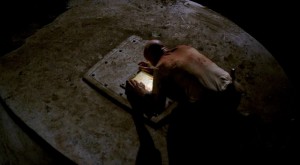
However the hatch door is not easily opened. Locke believes it is his destiny to open the hatch. But his attempts all fail and he ends up alone and banging on the hatch door yelling “I’ve done everything you wanted me to do, so why did you do this to me?!” (“Deux Ex Machina”) In this moment the hatch door lights up, a sign from within. Locke’s faith is restored and he goes to the Jack Shephard, the unelected leader of the survivors to convince him that they need to open the hatch. The following dialogue takes place between the characters:
Jack Shephard: Brought here? And who brought us here, John?
John Locke: The island. The island brought us here. This is no ordinary place, you’ve seen that, I know you have. But the island chose you, too, Jack. It’s destiny.
Jack Shephard: Did you talk with Boone about destiny, John?
John Locke: Boone was a sacrifice that the island demanded. What happened to him at that plane was a part of a chain of events that led us here — that led us down a path — that led you and me to this day, to right now.
Jack Shephard: And where does that path end, John?
John Locke: The path ends at the hatch. The hatch, Jack — all of it — all of it happened so that we could open the hatch.
Jack Shephard: No, no, we’re opening the hatch so that we can survive.
John Locke: Survival is all relative, Jack.
Jack Shephard: I don’t believe in destiny.
John Locke: Yes, you do. You just don’t know it yet. (“Exodus, Part Three”)
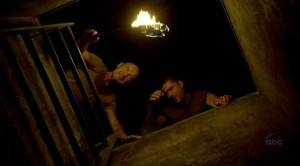
Locke believes it is his destiny to open the hatch. The hatch represents the unknown secrets of the island. It symbolizes hope for the survivors that there may be a way off the island, but it also symbolizes the dangers that could emerge in opened. Like Pandora’s Box, the hatch is ultimately opened out of human’s greed and curiously. Human’s are never satisfied with what they have, but rather are always seeking more power or information. When the hatch is opened, the survivors must face the darker secrets of the island and fight for their survival against the “Others.” Like Pandora’s Box, the hope that they naively tried to obtain escapes again. Hope remains unattainable and mankind is further corrupted.
References:
“Deux Ex Machina.” Lost: Season 1. Writers J.J. Abrams, Jeffrey Lieber, and Damon Lindelof. ABC Studios, 2004.
“Exodus, Part Three.” Lost: Season 1. Writers J.J. Abrams, Jeffrey Lieber, and Damon Lindelof. ABC Studios, 2004.
Hesiod. “Works and Days.” In Anthology of Classical Myth. Ed. S.M. Trzaskoma, R.S. Smith, and S. Brunet. Hackett Publishing Company Inc., Indianapolis: 2004.
“The Hatch.” Lostpedia. Wikia, n.d. Web. 30 Apr. 2015 http://lostpedia.wikia.com/wiki/The_Hatch.
